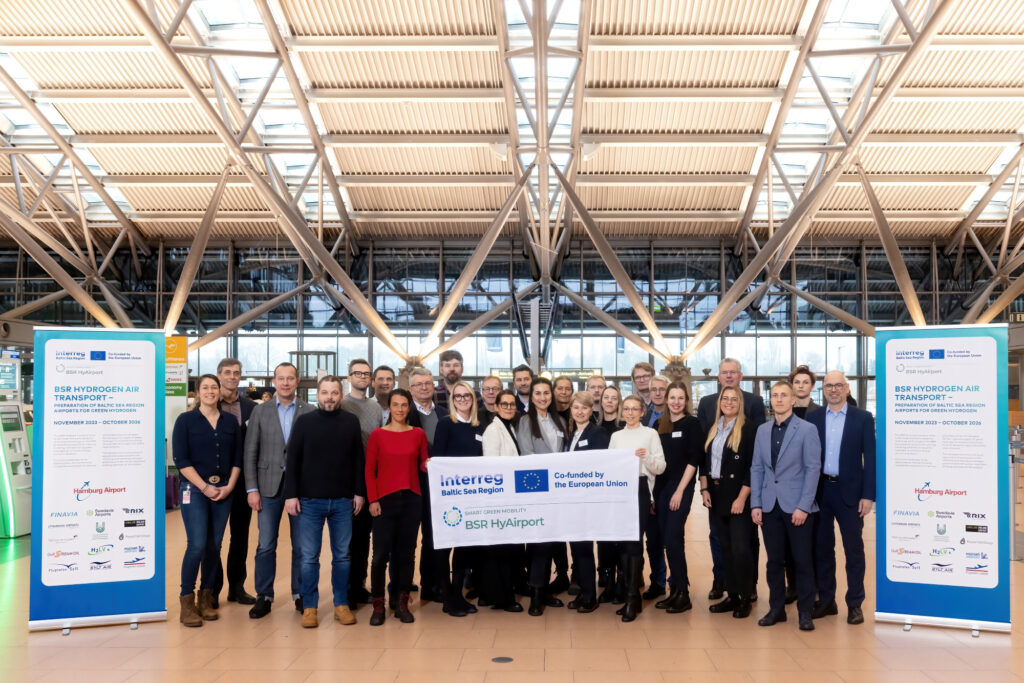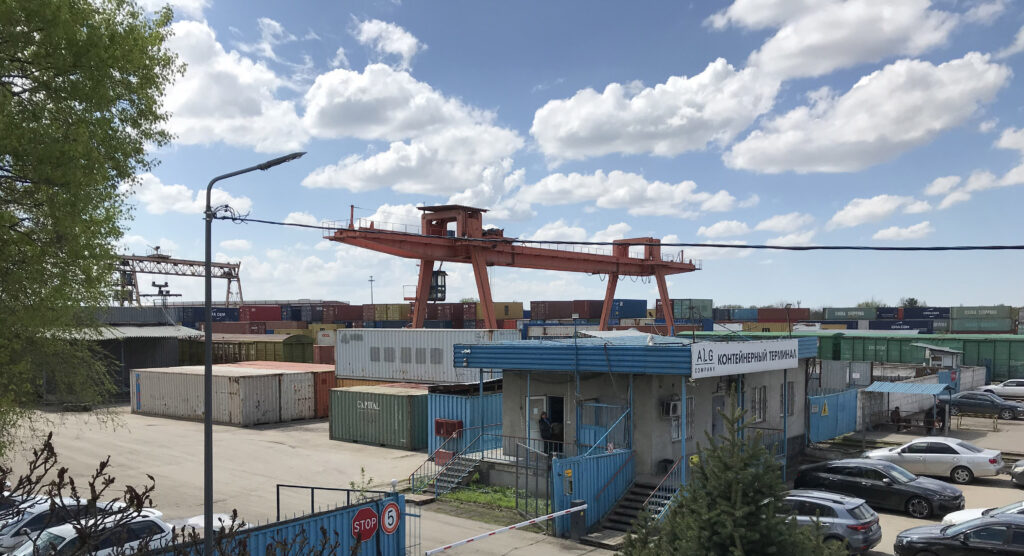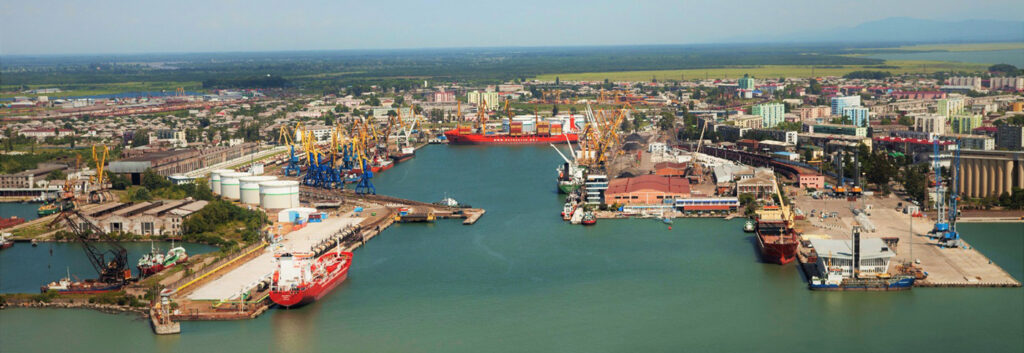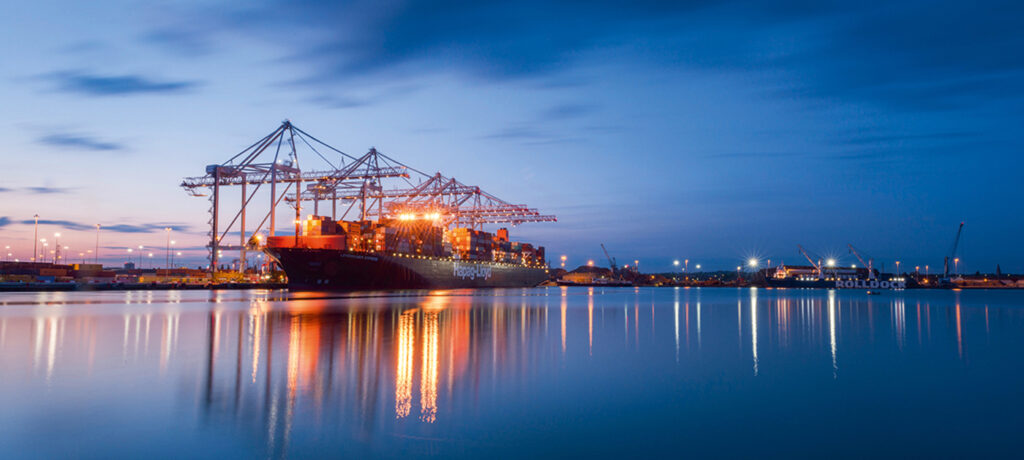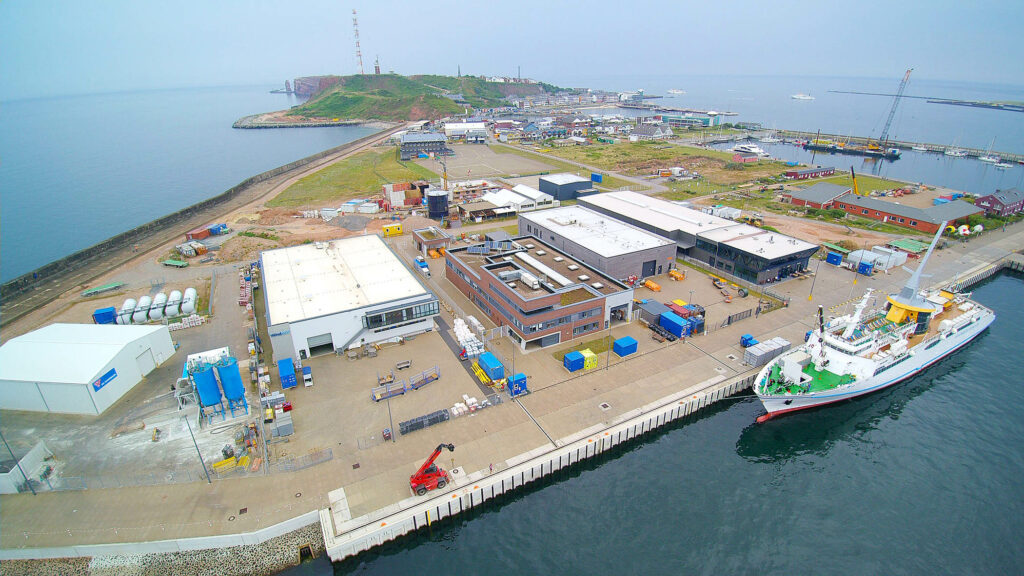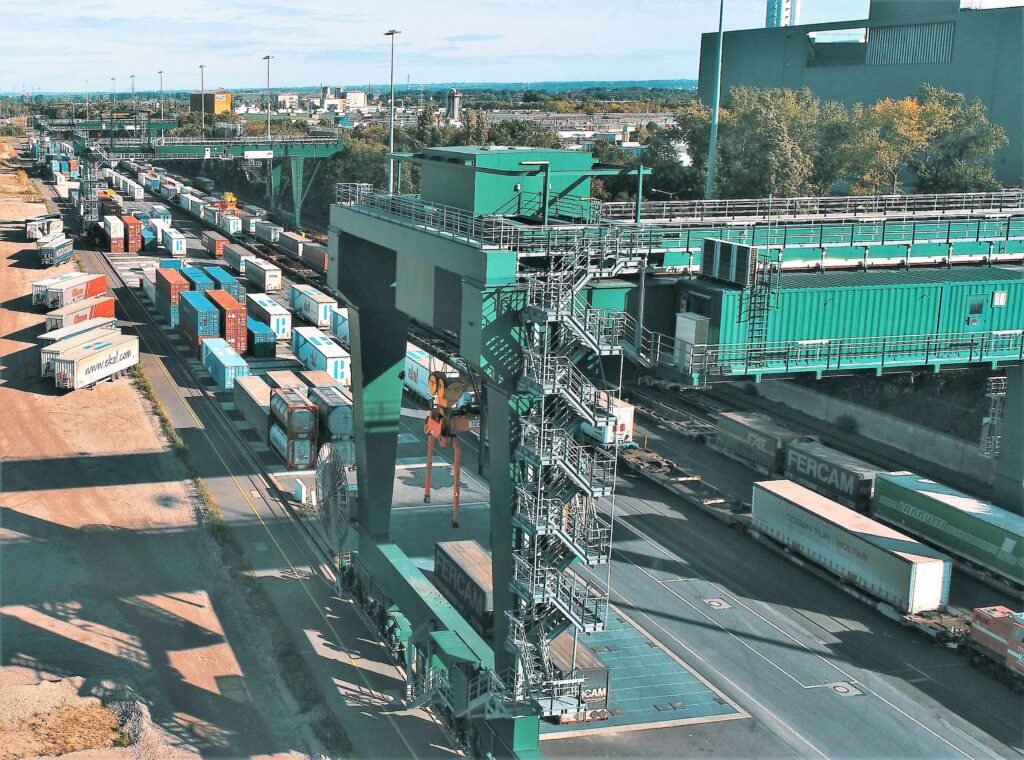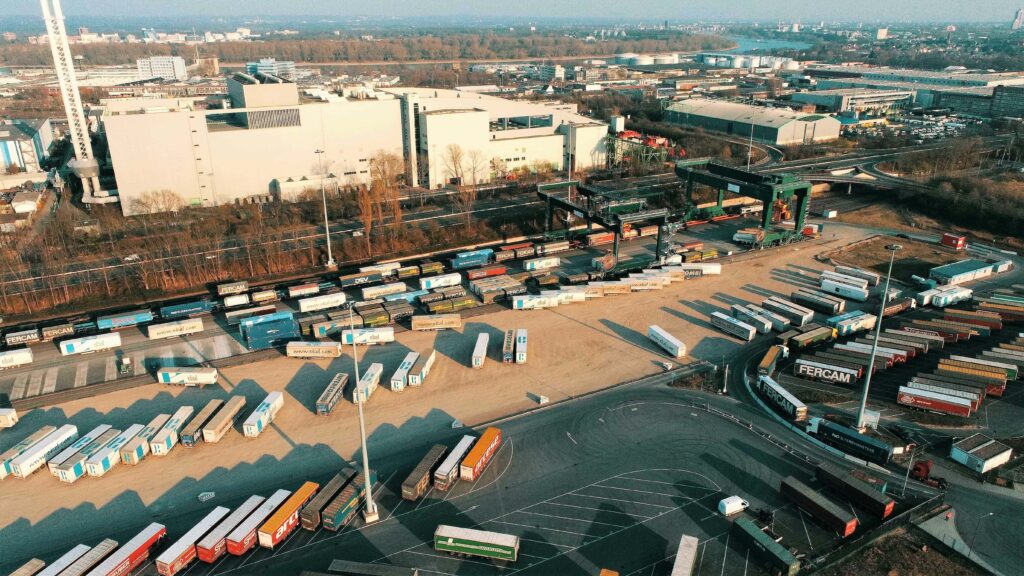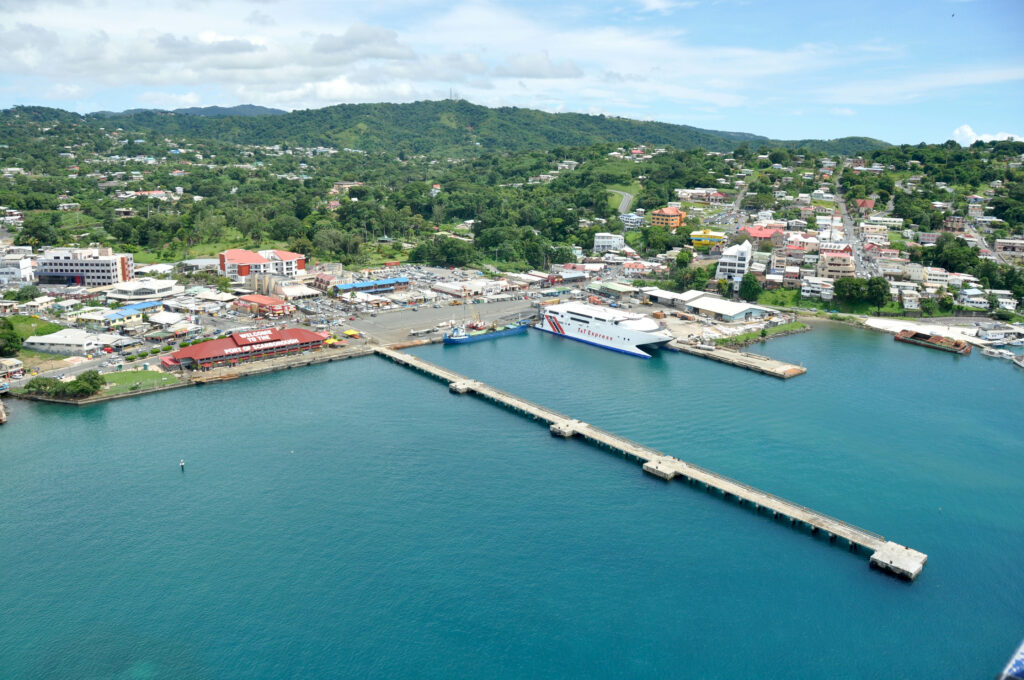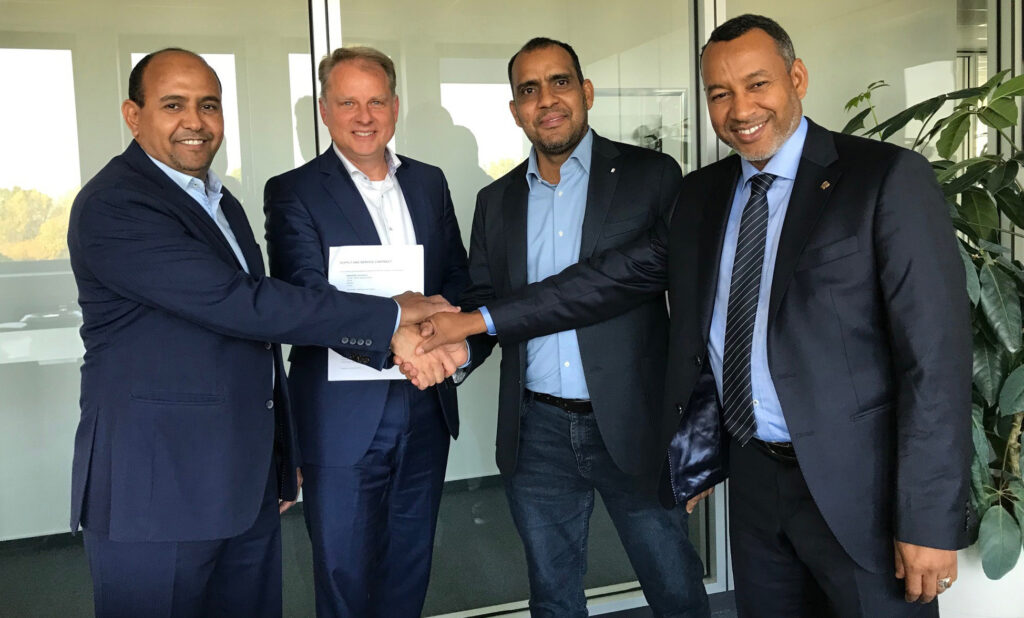Autonomous ships transporting goods along coastlines, inland waterways, within cities and even perhaps on the high seas. Does that sound like science fiction? A recent forum convened by HPC Hamburg Port Consulting (HPC) as part of its CONNECTING PORTS talk show series discussed in full these very possibilities, and this future seems anything but remote.
Hamburg, August 20, 2024: Talk show moderator Christina Prieser, Associate Partner at HPC, delved deeply into the future world of water-borne logistics together with three experts: Ørnulf Jan Rødseth, General Manager, Norwegian Forum for Autonomous Ships (NFAS); Marc Holstein, Head of the Remote Operation Center at SEAFAR in Antwerp and Antoon van Collie, CEO of ZULU Associates.
Rødseth opened the debate with strong evidence that semi-autonomous vessels are already operating on coastal services in Norway. “Since spring 2022, the world’s first semi-autonomous container ship has been transporting mineral fertilizer from the Yara production facility in Porsgrunn to the regional export port in Brevik. The vessel is actually autonomous but still operates with a crew of three and is remotely controlled from a control center,” he reported.
“Seafar technology is currently deployed on over forty vessels mostly inland ships, of which a majority are already operating with reduced crew and are remotely controlled,” remarked Holstein. “Three of these vessels navigate the Rhine between the Netherlands and Bonn. We have been operating crew-reduced and partially automated ships from a control center for four years. The demand is there, and the system can be seamlessly integrated into the existing infrastructure and traffic flow, especially in Belgium.”
As far as developments in France are concerned van Collie of ZULU Associates gave a summary, “Since May 2024, the French authorities have issued a decree allowing the operation of autonomous ships in French territorial waters. As a designer of such vessels, we are in close talks with the state waterway authority VNF (Voies Navigables de France) to hopefully operate unmanned or partially unmanned ships by next year,” he said.
The moderator HPC’s Prieser turned to the application of autonomous vessels for distribution and logistics within cities. In New York, the plan is to load pallets into small containers on small inland vessels, which will then transfer the goods to cargo bikes or electric vehicles for the last mile using their onboard cranes. While in Paris two small ZULU inland vessels are already employed for urban logistics. One of these is capable of being fuelled by hydrogen. Van Collie envisions this concept for cities like Hamburg or Berlin as well.
In Norway, by 2026 the food retailer ASKO plans to replace 50 road trailers per day to water using two battery-powered, semi-autonomous ro-ro ships on the Oslo Fjord. “Ro-ro ships have the advantage of requiring minimal infrastructure,” Rødseth told the talk show audience.
Members of the audience were curious about the risk of vessel failures and accidents. Holstein explained that remote control actually increases the levels of operational safety. Eight-hour shifts for captains onshore are significantly less tiring than the 12-14 hour shifts often required on board. Rødseth commented on the easing of crew stress levels through automation eases the crew’s burden of a “tedious 30-day straight course across the Pacific,” for instance.
The full session Connecting Ports #08 is available on YouTube Connecting Ports | Session #8 | Navigating Next: The Path to Autonomous Maritime Transport (youtube.com)
The next session of Connecting Ports will take place on 5 September 2024. It will focus on an urgent industry topic: cybersecurity challenges in ports. Secure your seats now, as registration is still open:Connecting Ports – HPC Hamburg Port Consulting GmbH
About HPC
HPC Hamburg Port Consulting is a logistics consultancy specializing in strategy and transformation services for the ports, terminals and hinterland facilities sectors. Since its foundation in 1976, the Hamburg-based consultancy has carried out more than 1,800 projects in 136 countries on six continents, covering the entire development cycle of port projects. HPC employs around 100 experts with a background as terminal operators, software engineers, logistics managers, transport economists, data analysts and scientists as well as mathematicians. As a subsidiary of Hamburger Hafen und Logistik AG (HHLA), HPC has its roots in port handling of containers, general cargo and multipurpose freight as well as hinterland traffic.







